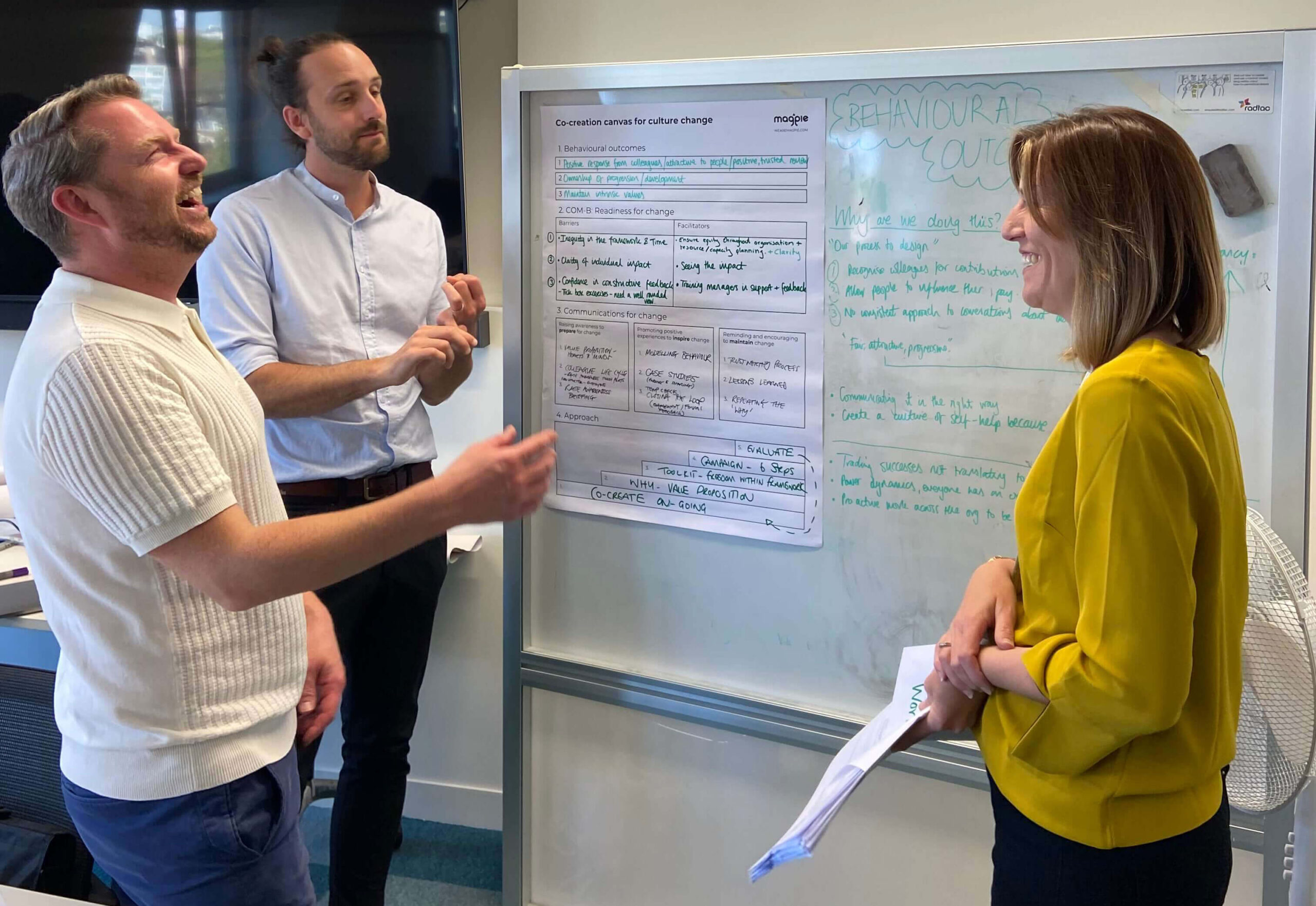Behavioural science can be a powerful tool for charities to understand and positively influence the behaviours of teams, supporters, volunteers, beneficiaries, and other stakeholders. This in turn can improve wellbeing, communications, impact and sustainable working practices. In recent years, we’ve had the absolute pleasure of workshopping with Barnardos on a framework for internal communications, co-creating mental resilience training course with Mind, re-designing fundraising packs with British Heart Foundation, connecting the public with urban plant life to boost wellbeing with Kew and reducing the demand of extreme breeding with RSPCA.
Reporting in 2022 and 2023, the Charities Aid Foundation (CAF) revealed more than 50% of the UK’s charities are digging into reserves, half fear they won’t survive the cost-of-living crisis, and only 49% think they have enough funds to meet current demand.
According to a Pro Bono Economics survey, energy costs is charities’ third biggest worry for charities after income with 55% digging into reserves to pay fuel bills.
Amidst the rising trend of online activity, Charities Aid Foundation reports that charities are currently in the process of assessing the appropriate equilibrium between digital engagement and face-to-face interactions. There remains a lack of comprehensive understanding regarding the relationship between in-person contact and its impact on brand value, alongside potential implications of heightened digital participation on brand perception.
Responding to rising demands, here are ten ways in which behavioural science can support charities:
1. Supporter Behaviour: Behavioural science can help charities understand the psychological factors that influence supporter decision-making. By applying principles from behavioural economics, charities can design fundraising campaigns that leverage behavioural insights to increase engagement rates, support and improve retention.
2. Nudging for Good: Charities can use nudges—subtle changes in the way choices are presented—to encourage desired behaviours among supporters and frontline teams. Nudges can also be used to promote volunteering, advocacy, and other forms of support.
3. Impact Communication: Behavioural science can inform how charities communicate their impact to donors and the public. By adopting more effective lived experience storytelling strategies, social proof, and concrete examples, charities can make their impact more tangible and compelling, leading to increased support and engagement.
4. Behavioural Insights for Beneficiaries: Charities can apply behavioural science principles to design programs and interventions that effectively support their beneficiaries. This might include interventions to encourage healthy behaviours, financial literacy, educational attainment, or other positive outcomes.
5. Volunteer Engagement: Understanding the motivations and barriers to volunteering can help charities recruit and retain volunteers more effectively. Behavioural science can inform strategies to enhance volunteer engagement, satisfaction, and commitment.
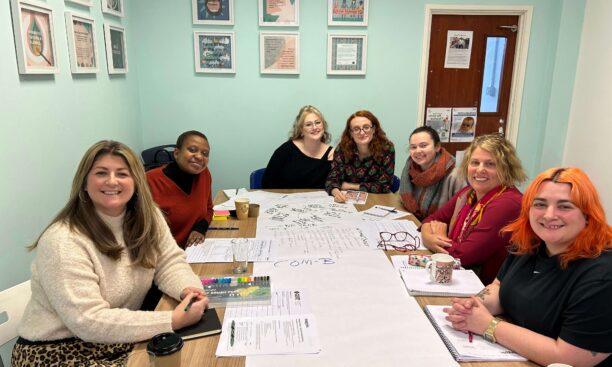
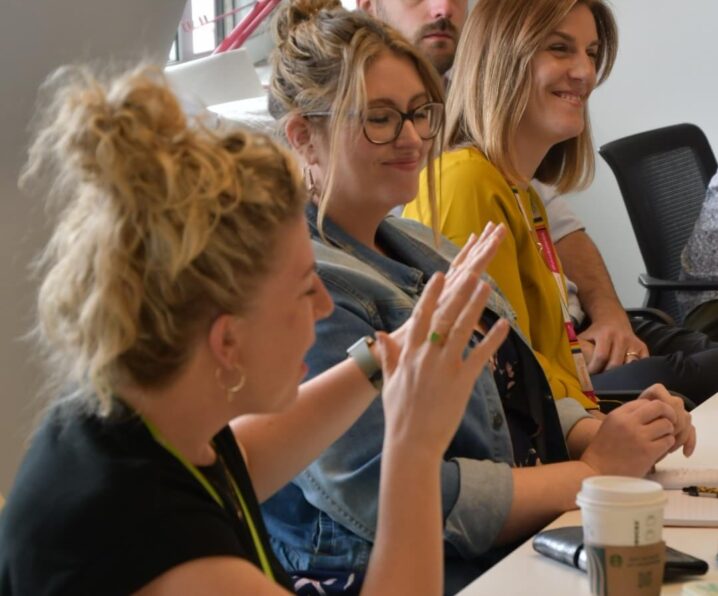
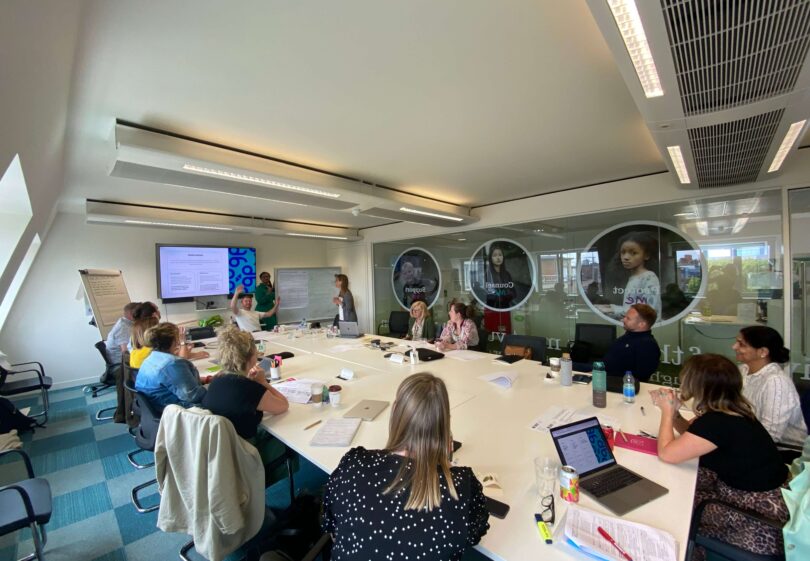
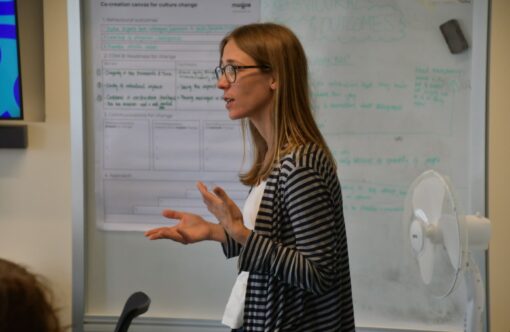
6. Decision-Making Behaviours: Charities often face complex decisions about resource allocation, program design, and strategy. Behavioural science can provide insights into decision-making biases and heuristics that may affect these processes, helping charities make more informed and effective choices.
7. Collaboration and Partnerships: Behavioural science can facilitate collaboration and partnerships between charities, government agencies, academic institutions, and other stakeholders. By sharing insights and best practices, organizations can amplify their impact and address complex social challenges more effectively.
8. Improving Employee Retention and Reducing Recruitment Costs: Behavioural science can support charities to create culture shift interventions and better align teams and performance with brand values and culture. By identifying and addressing underlying factors, creative behaviour change can influence employee satisfaction, engagement, and commitment within an organisation.
9. Embracing New Technologies and Improving Tech Literacy: Some charities are experiencing inconsistencies and knowledge gaps when it comes to adopting new technologies, intranet systems, systems for reporting, training and team development. Behaviour change interventions can help leverage cognitive biases and motivational factors to enhance learning, adoption, and mastery of digital skills.
10. Reducing Running Costs: Behavioural science and sustainability interventions can help charities reduce running costs by identifying opportunities to optimise resource usage, minimise waste, and promote eco-friendly practices within the organisation. By understanding the behavioural factors that influence energy consumption, resource utilisation, and operational efficiency, charities can implement targeted interventions such as energy-saving initiatives, waste reduction initiatives, and sustainable procurement practices. Additionally, behavioural science can inform strategies to encourage staff and volunteers to adopt cost-saving behaviours, such as turning off lights and equipment when not in use, using reusable materials, and choosing environmentally friendly alternatives. By integrating behavioural science principles into sustainability initiatives, charities can achieve significant cost savings while also advancing their environmental and social responsibility goals.
Overall, behavioural science offers charities a systematic and evidence-based approach to understanding human behaviour and designing interventions that promote positive social change and increase brand value. By leveraging insights from psychology, economics, and related fields, charities can enhance their effectiveness, efficiency, and impact in pursuing their social impact missions.
Would you like to discuss how behavioural science can support your charity to overcome the challenges you are facing?
Our Creative Behaviour Change team will be happy to consult and answer any questions you have. Contact us or drop us an email hello@wearemagpie.com.
Contact us